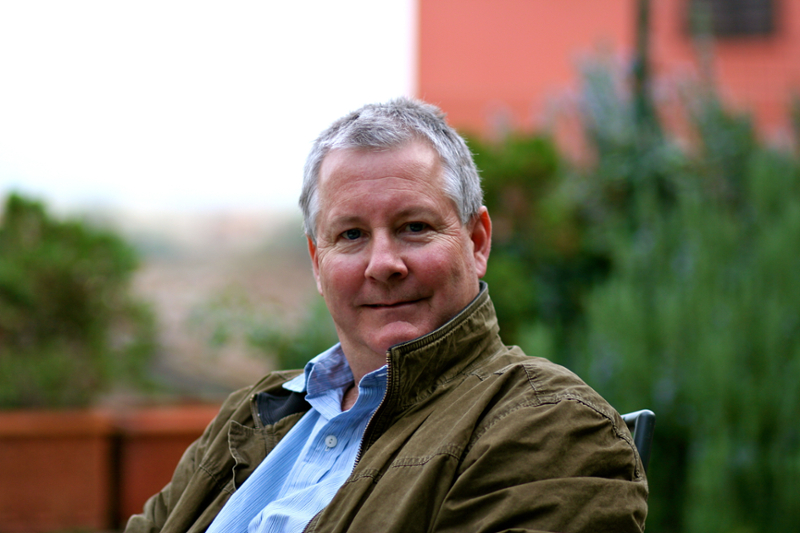David O. Brink
2023 URH Faculty Mentor Award Recipient

Please tell us a bit about your educational background and current research.
I received BAs in Philosophy and Political Science from the University of Minnesota in 1980 and my PhD in Philosophy from Cornell University in 1984. I taught at MIT before coming to UCSD in 1994. I work in value theory, especially ethical theory, history of ethics, moral psychology, political philosophy, and philosophy of law.
Did you do research as an undergraduate student? How did you get started in your current field?
Yes, I did undergraduate research in both political science and philosophy. I had wonderful mentors in both departments. When I prepared to apply to law school, my philosophy professors encouraged me to pursue graduate study in philosophy. I hadn't considered that possibility but was intrigued. The rest, as they say, is history.
Who are some of your most memorable mentors? How did you meet them?
In Political Science, my mentors were Mulford Q. Sibley (an older historian of political ideas, a pacifist, and an antiwar activist during the Vietnam war) and Terence Ball (a young political theorist with philosophical leanings). In Philosophy, my mentors were Allen Buchanan (a distinguished political philosopher who taught me the importance of analytical structure and clarity) who was also my advisor, Norman Dahl (an historian of ethics with a passion for Greek ethics, philosophical conversation, and basketball), Rolf Sartorius (an analytically sharp ethicist and legal philosopher), and Gene Mason (an often bemused ethicist with a Wittgensteinian perspective). They were all wonderfully supportive and encouraging, willing to spend lots of time talking to me outside of class.
Why do you enjoy being a mentor?
Over the years, we teach thousands of students, many of whom are very bright and a pleasure to teach. But every now and then one encounters a student who is not only bright and capable but also shows genuine curiosity and the desire and motivation to learn new things and go beyond the syllabus. It's possible to make a difference in the lives of such students. Mentoring such students is tremendously rewarding and the best part of being a teacher.
What is the most useful piece of advice a mentor gave you?
When developing your own ideas, make sure you appreciate the provenance of those ideas and strive to represent alternatives to your own ideas in their best light.